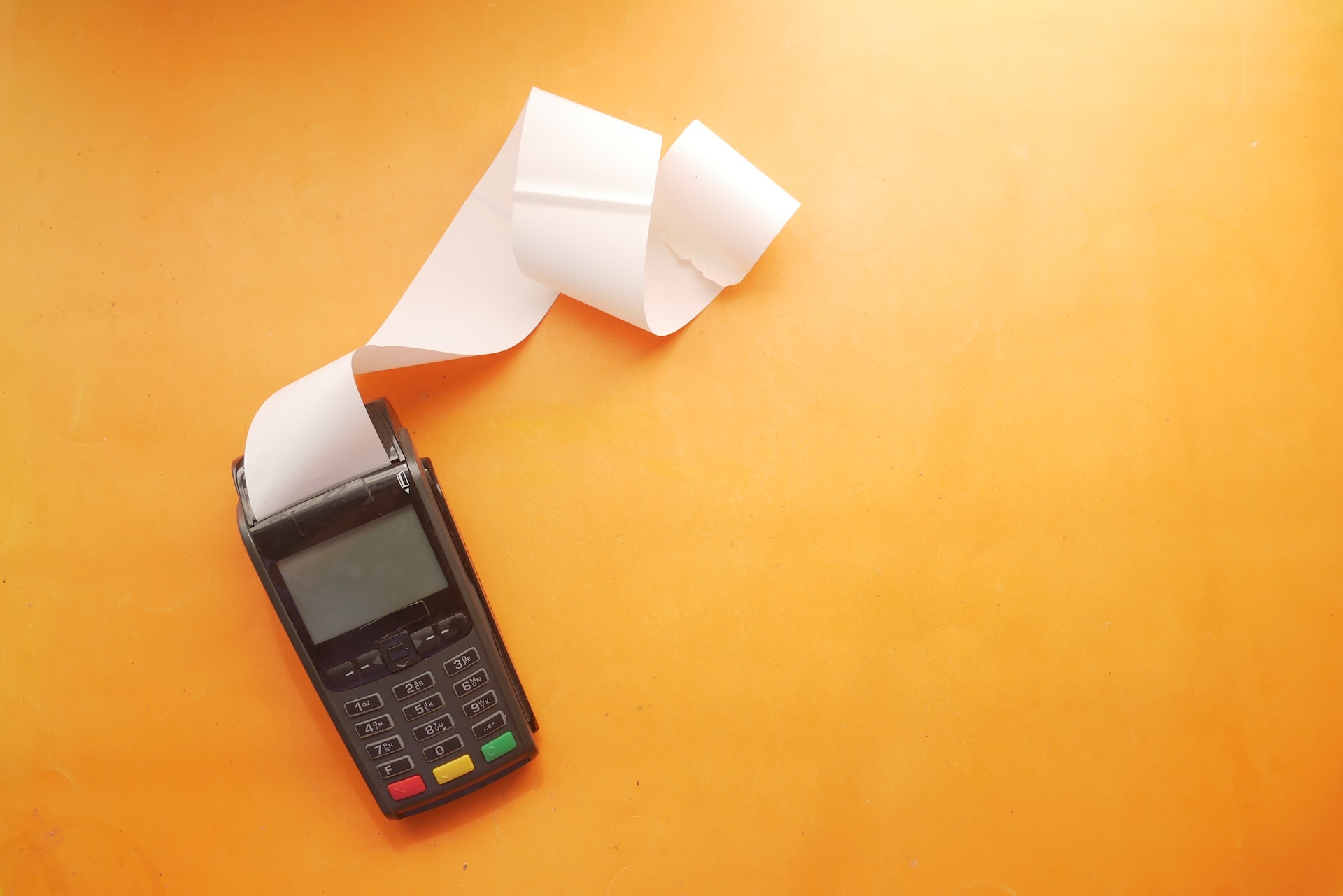
How to Organise Business Receipts for Financial Clarity
In the dynamic world of business, one often overlooked aspect is the art of receipt retention. For the self-employed, sole traders, and finance managers alike, maintaining a well-organised record of business receipts is not just a matter of compliance, but a key ingredient for financial success. In this guide, we’ll explore the optimal duration for keeping business receipts, the importance of recordkeeping, and how these practices contribute to the overall health of your financial endeavours.
The Importance of Business Receipts
- Compliance and Audits
Business receipts are not mere scraps of paper; they are your financial guardians. In the event of an audit, having a robust system of organised receipts is your best defence. Regulatory bodies may require you to produce these receipts to verify expenses and income, ensuring compliance with tax laws.
- Tax Deductions and Credits
One person’s rubbish could be another’s treasure. In the world of taxation, receipts are your golden tickets to deductions and credits. Keeping track of business expenses through detailed receipts can lead to significant savings during tax season.
- Financial Planning and Decision-Making
For self-employed individuals and finance managers, receipts serve as the breadcrumbs of financial history. Analysing past expenditures can provide valuable insights for future financial planning and decision-making. Whether it’s adjusting budgets, negotiating contracts, or identifying cost-saving opportunities, your receipts are the roadmap to informed choices.
How Long Should You Keep Your Business Receipts?
The answer to this question is not one-size-fits-all. Different types of receipts may have varying retention periods. However, a general guideline is as follows:
Short-Term Receipts (0-1 Year)
– Utility Bills
– Office Supplies
– Travel Expenses
Medium-Term Receipts (1-3 Years)
– Equipment Purchases
– Client Invoices
– Vendor Bills
Long-Term Receipts (3+ Years)
– Property Purchases
– Legal Documents
– Tax Returns and Supporting Documents
Best Practices for Receipt Retention
- Go Digital
Embrace the digital age by scanning and storing receipts electronically. This not only reduces clutter, but also ensures that your records are easily searchable and accessible when needed.
- Organise by Category
Create a systematic categorisation system for your receipts. Whether it’s by expense type, vendor, or project, an organised structure streamlines the retrieval process and simplifies data analysis.
- Regular Audits and Purges
Schedule routine audits of your receipt system. Sift out unnecessary or outdated receipts, keeping your records lean and relevant. This practice not only promotes efficiency but also reduces the risk of errors during audits.
- Explore External Financial Experts
Outsourcing your bookkeeping process can be a game-changer. Experts like Stonehouse Accountants can not only support your transition into digital bookkeeping but can also provide comprehensive and confidential insights into your financial health. Find out how Stonehouse can support your business here.
In the intricate world of business management, receipt retention and recordkeeping are the threads that hold everything together. By understanding the significance of business receipts and implementing best practices for retention, you not only ensure compliance but also empower yourself with the knowledge to make informed financial decisions. Embrace the art of organised recordkeeping, and watch as your financial landscape transforms into a canvas of success and prosperity.
